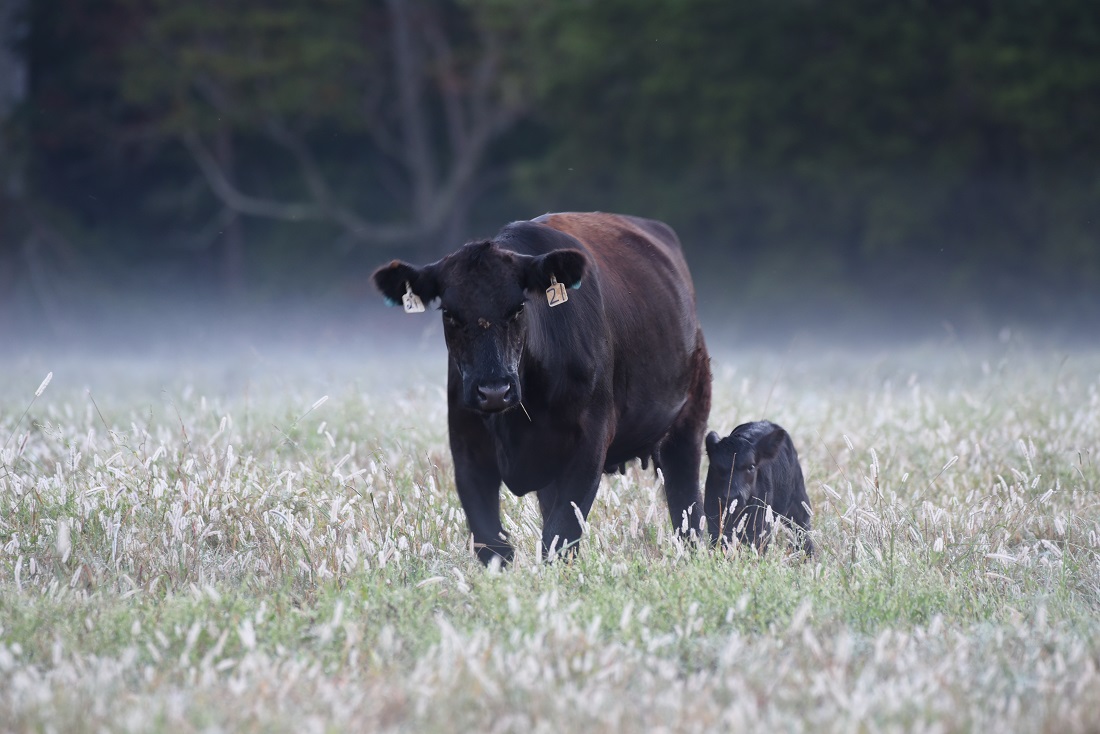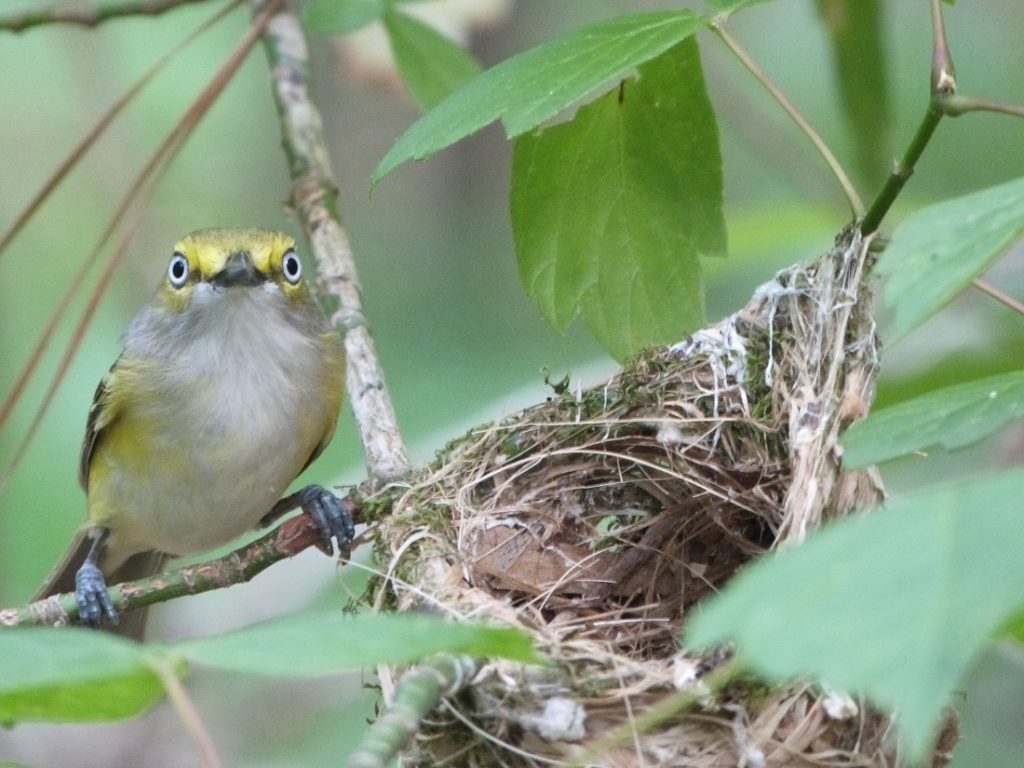
Ames’ New Name Looks to the Future
GRAND JUNCTION, Tenn. – Last month the name of the University of Tennessee AgResearch and Education Center at Greeneville changed to the UT Northeast Tennessee AgResearch and Education Center to better reflects the broad community that the location serves. Now UT AgResearch is changing the name of its research functions at Ames Plantation to focus on the Center’s future.
With agreement from the Trustees of the Hobart Ames Foundation, who oversee the Ames Plantation holdings, the research activities of the plantation will now operate under the name “UT Ames AgResearch and Education Center.” The Foundation will continue to own and operate the approximately 18,400 acres located in Fayette and Hardeman counties in West Tennessee, and Ames Plantation will continue to be the home of the National Field Trial Championship for All-Age Bird Dogs, as mandated by the Will of the late Julia C. Ames; however, the research activities of the University of Tennessee will function with a more forward-looking name.
“Our mission to serve the wishes of the late Julia C. Ames has not changed,” says Rick Carlisle, director of the Ames AgResearch and Education Center. “Mrs. Ames set out in her will to honor the memory of her husband, Hobart Ames, by directing that the property operate under the ownership of the Trustees of the Foundation to benefit the University of Tennessee and to provide grounds and administrative support for the National Championship for field trialing bird dogs. The new name for the University’s activities will help separate the two functions and allow the University’s efforts to be reflected in a name focused on advancing the science of agricultural and natural resource endeavors.”
Carlisle acknowledges that the new name is also more culturally sensitive. “The new name reflects the modern vision of today’s students and researchers as well as the visions of those who will follow us in the future,” he said. It is also consistent with the other nine AgResearch and Education Centers operated by UT AgResearch.
Hobart Ames was a wealthy industrialist from North Easton, Massachusetts, who purchased the property in 1901 and operated it as a hunting preserve, also growing livestock and cotton until his death in April 1945. He and his wife, Julia, were also bird dog enthusiasts, and annually hosted the National Championship for field trialing bird dogs on the property. Prior to her death in 1950, Mrs. Ames conceived the idea of memorializing her husband’s name as a part of a perpetual entity to sustain Mr. Ames’ passions.
Located approximately 60 miles east of Memphis and 10 miles north of the Tennessee-Mississippi line near Grand Junction, Tennessee, the property has approximately 13,000 acres of forest, 2,300 acres of commodity row-crops, and today maintains about 450 head of Angus beef cattle and 30 head of horses. It’s well known for contributions to the research and development of enhanced forages for livestock, improving the confirmation of Angus cattle, and numerous contributions for forest and wildlife management research as well as studies that investigate watershed properties and water quality. The heritage of the property’s land base is also well known for regional cultural and anthropological studies.
The name change has been an ongoing effort throughout 2020, and with the premier of a new website on November 19, the transition is complete. Details about the center’s efforts can be found online at ames.tennessee.edu. Details about the National Field Trial Championship for All-Age Bird Dogs can still be found online at amesplantation.org.
For more details about the mission and efforts of the statewide AgResearch efforts visit agresearch.tennessee.edu.
Through its land-grant mission of research, teaching and extension, the University of Tennessee Institute of Agriculture touches lives and provides Real. Life. Solutions. utia.tennessee.edu.

When openings are created in mature timber to accommodate precision forestry research conducted at the UT Ames AgResearch and Education Center, some neotropical songbirds, like this white-eyed vireo, can benefit.
Photo courtesy UTIA.